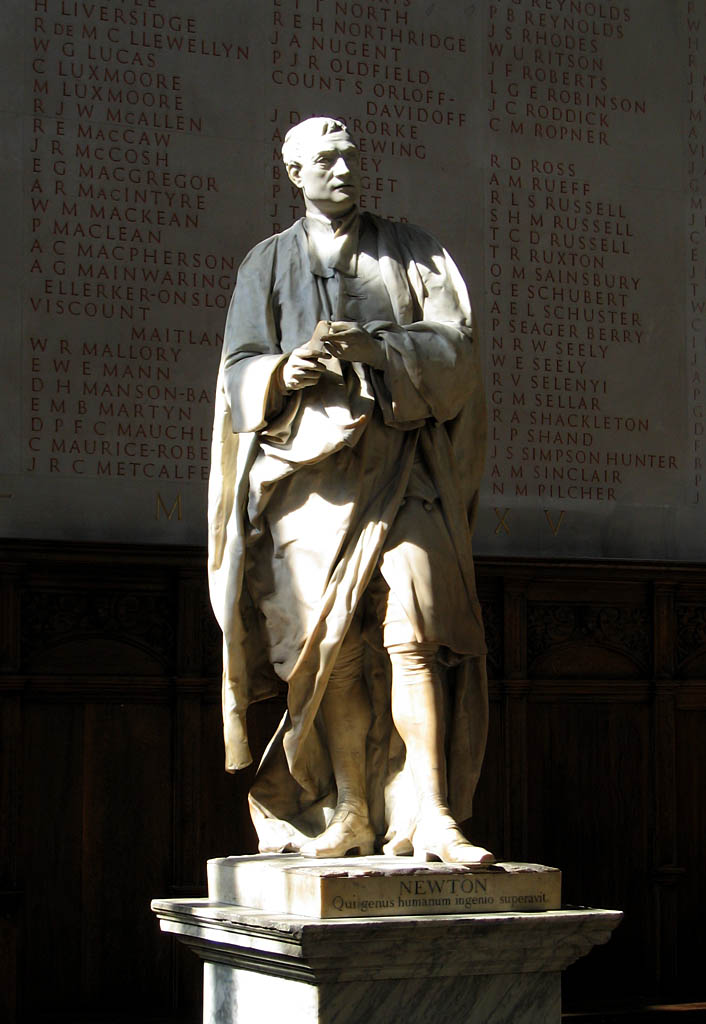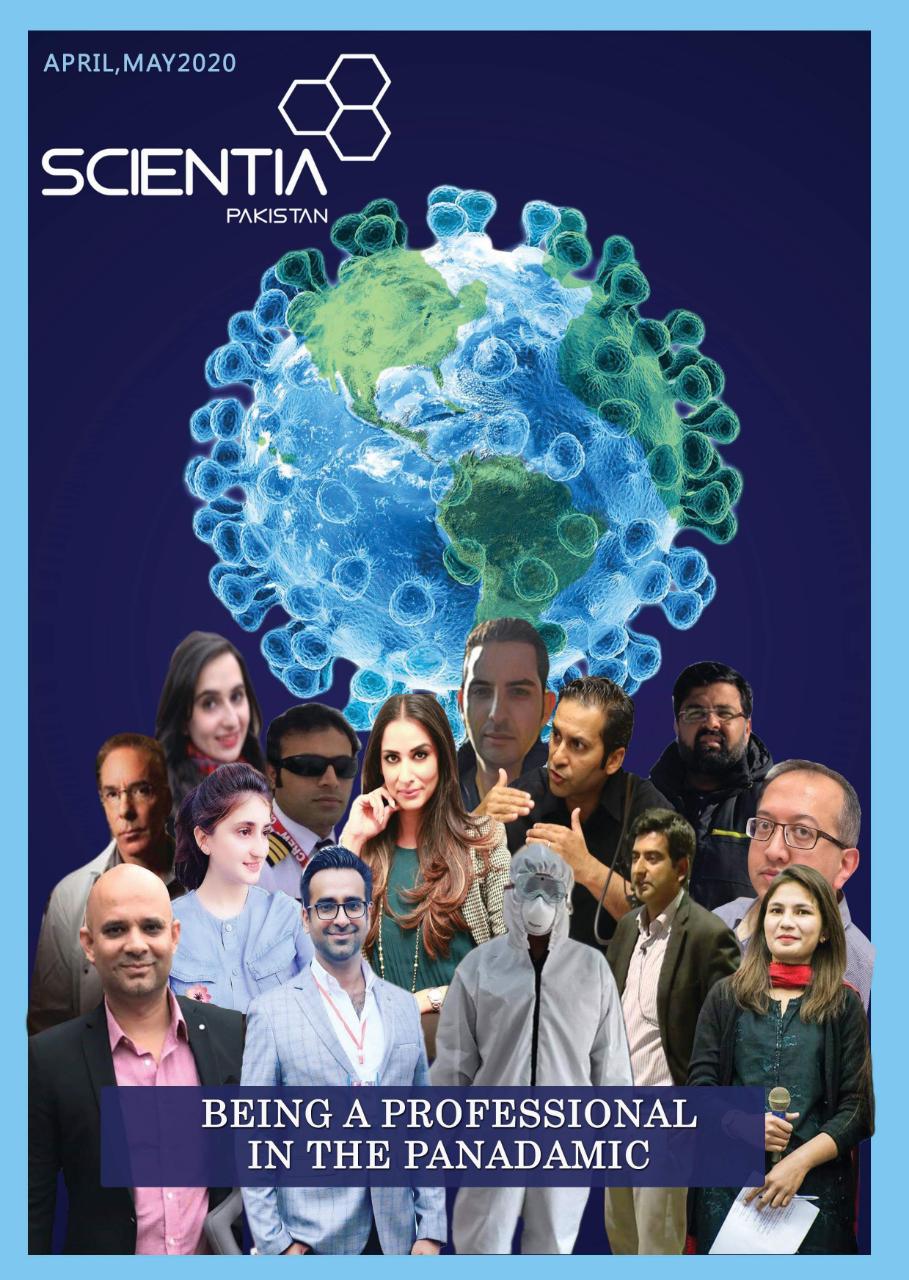Adieus, farewell earths blisse, This world uncertaine is, Fond are lifes lustful joys, Death proves them all but toys, None from his darts can fly; I’m sick, I must dye: Lord, have mercy on us:
An excerpt from “summer’s last will & testament”, by Thomas Nashe. Nashe wrote it in 1952 when Bubonic plague hit London, and he fled to the English countryside to avoid infection. The passage reflects Nashe’s experience of living through the pandemic.
In July 1665, a five years old boy found dead in his hometown, Holy Trinity, in Cambridge, England. While examining his remains, the town officials noted some black spots on his chest, the indubitable signs of Bubonic plague. This was the first confirmed death due to the plague in Cambridge that year. Almost at once, the town residents rushed to isolate themselves in the countryside and premises of London. Among those the run, there was a young scholar of Trinity College London, named Isaac Newton, who fled to Whoolsthrope, a small town about sixty miles away from the Cambridge University. Here, in complete solitude, Newton produced an unbelievable number of exceptional ideas of Calculus, Analytical Geometry, Gravity, Science of motion, optics, and more. It was these days under quarantine when Newton experimented on measuring gravitational pull and came across his grand idea of universal gravitation.
While skimming through ‘Never at Rest’, the meticulously documented biography of Isaac Newton, by Richard Westfall, I realized that what’s specious was the idea that Newton unleashed his mind on these problematic experiments when the bubonic plagues had accidentally provided him complete isolation in Whoolsthrope. However, the concept of the-apple-falling-on-his-head and that the plague woke the brilliance in Newton has been proved misleading long ago. Actually, Newton started thinking about these mathematical problems in 1664, a year before the plague outbreak in Britain.
In the meanwhile, the scream painter, Edvard Munch didn’t only witness the Spanish flu pandemic in the early 19th century, that entirely changed the world around him, but he also contracted the disease in 1919, while he was residing in Norway. He spent many months convalescing after the plague attack, but instead of becoming one of many victims, Munch consistently worked on making great art. One of his most notable paintings was a self-portrait with thinning hair and Gaunt face sitting in front of his sick-bed.

These famous fairy-tales of geniuses give us a clue that great ideas don’t require tedious work of sustained attention and hard thinking. They arrive in the lightning bolts of inspiration, which in turn come only in the right circumstances. Like these giants, we can be productive in this enforce isolation due to coronavirus pandemic. In a matter of days, almost all of us had our workday completely turned upside down. It could be jarring, but it is the exact time to look back at our lives, strategize the trajectory of what we want our life to be, and above all, realize the fragile nature of our existence.
At the end of February 2020, when Coronavirus cases started ticking in Pakistan, the team Scientia Pakistan Magazine immediately realized the severity of the situation and decided to cover virus-borne diseases in our next edition. Since our Governments have been neglecting Education, health, and scientific research for decades, people are ignorant of precautions that are necessary to prevent the spread of coronavirus. By the grace of God, we got an overwhelming response by national & international media/organizations on our Virus-borne diseases edition. Initially, The Independent Urdu UK, GEO News, BOL News, Dawn.com, and Technology Times published stories and appreciated our efforts in bringing such a piece-of-art edition in a short period. Later on, The United States Library of Congress has selected our website for inclusion in their web archives. They consider our website to be an important part of this collection and the historical record.
Now the super-excited team Scientia is bringing another special edition on “Being a professional in the pandemic.” For this edition, we reached out to national and international experts, journalists, strategist, futurist, Doctors, Paramedical staff, Psychiatrist, scientists, Astronomers, Astrobiologists, Pilots, and Senior teachers/professors to know about how life twisted and how they are staying productive under quarantine despite the chaos that is surrounding us. We also approached the students of local and international Universities, housewives, and laymen to know how they are keeping their momentum high in these days of trouble.
The Covid19 pandemic has highlighted the state’s responsibility to pay to the daily wagers during the lockdown, but it was saddening that most of the relief efforts came from philanthropic fundraising. Don’t forget needy around you and try to help them as much as you can. Remember, God has blessed you with two hands, one is to help yourself, and the second is to help others. Have a safe quarantine. CHEERS!
Bibliography: https://books.google.com/books/about/Never_at_Rest.html?id=3ngEugMMa9YC

Saadeqa Khan is the founder, CEO, & Editor-in-Chief of Scientia Pakistan. She’s a member of the Oxford Climate Journalism Network (Second Cohort) and NASW. Saadeqa is a fellow of NPF Washington, The Falling Walls Foundation, and the Science Journalism Forum. Saadeqa has won several international journalism grants and awards for her reports.

